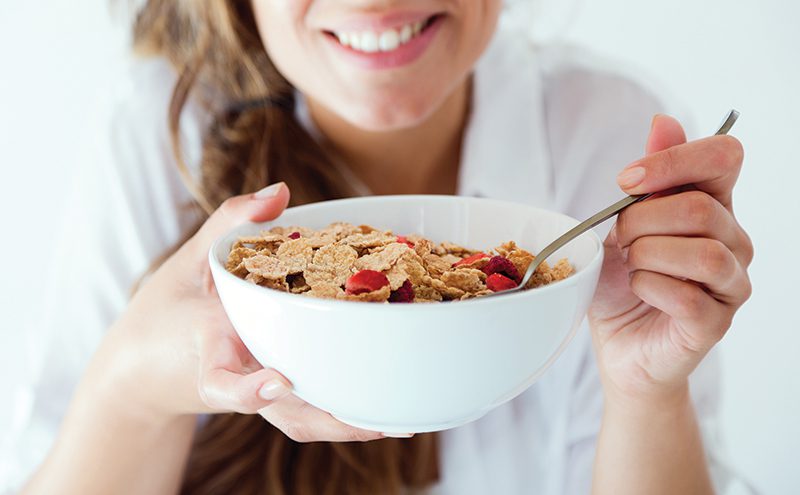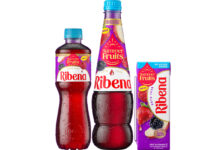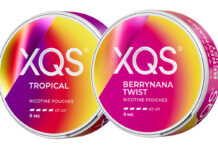WHAT’S on the typical c-store’s breakfast cereal shelves? Chances are you’ll see a number of the big brand cereals, perhaps in price-marked packs. But consumer habits around purchases for breakfast goods have been changing and that, coupled with increased awareness of health issues and demand for convenient lines that fit into busy modern lives, has changed the breakfast foods market considerably, says Key Note Research in its latest breakfast cereals market report, published late last year.

And its just-published market update on fruit juices, energy and juice drinks shows that juice is another breakfast staple which is going through changes and, in particular, facing new challenges.
That will have an impact on retailers. At the very least it makes issues of ranging and merchandising more complicated than used to be the case.
What Key Note calls ready-to-eat cereals still dominate breakfast-specific purchases. But cereals are, it reckons, under pressure. Breakfast biscuits and breakfast drinks have staked a claim at breakfast tables and own-brand cereals are doing well.
But in Key Note’s view perhaps the biggest influence has been health consciousness. “The breakfast cereals market has been gripped by concerns about sugar,” the research firm said. Products have changed formulation and packaging to contribute to and communicate better health.
But if commercial life ahead for the cereals looks challenging Key Note is sure they will remain big business.
It expects the breakfast cereals market’s sales value to grow by 12.9% between 2015 and 2019. It expects overall volumes to fall but sees new product development and the popularity of hot cereals contributing to value growth.
Key Note reckons the fruit juices sector has suffered the largest declines, of all soft drinks, as a result of the ‘war on sugar’.
The sector entered decline in 2013 after public health bodies raised concerns regarding the level of fructose, or fruit sugars. Widely reported warnings regarding the sugar content of fruit juices had a significant impact on demand.
Key Note expects sales to fall further until 2107 then begin to rise in 2018 to eventually reach just under £1.6bn in 2020.
Key Note reports available at www.keynote.co.uk



















